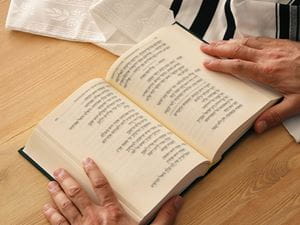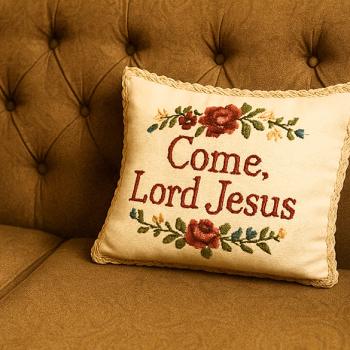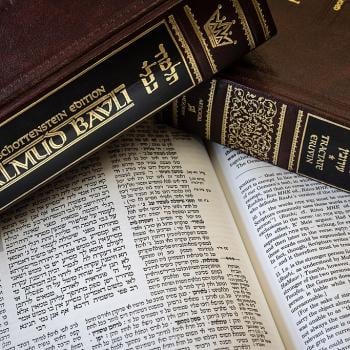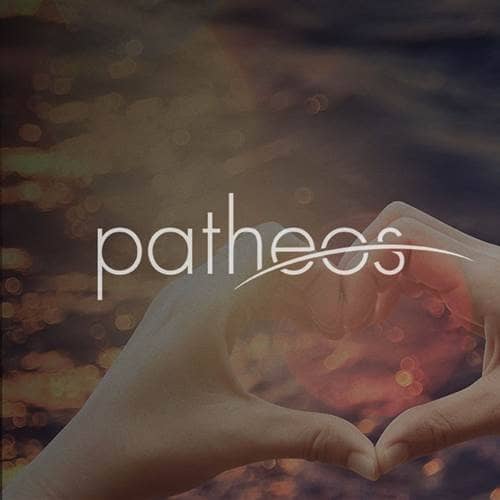
The Jewish tradition provides two reasons for why Jews pray three times a day. The first reason is that the three daily prayer times correspond to the three daily sacrifices that were offered in antiquity in the Temple in Jerusalem. While the morning and afternoon prayers are considered to be biblically mandatory in Judaism, the evening prayer has a slightly different status, being considered mandatory only from a rabbinic obligation. This is because the evening sacrifice in the Jerusalem temple was not mandated to be burnt every single night, but only when the sacrifices of the day required it. As a result, while Judaism teaches that one must pray three times a day, the morning and afternoon prayers come with fixed times during the day in which they must be said, and the evening prayer can be recited at any point during the night.
The second reason given for why Judaism obligates prayer three times a day is that the three prayer times were established by the three patriarchs of the Bible—Abraham, Isaac, and Jacob (known in the Hebrew bible as Avraham, Yitzchak, and Yaakov). For the first prayer (said in the morning), which is known as shacharit, the patriarch associated with it is Abraham. For the second prayer (said in the afternoon), which is known as mincha, the patriarch associated with it is Isaac. For the third prayer (said in the evening), known as arvit or maariv, the patriarch associated with it is Jacob. While the Bible describes the patriarchs in regular prayer, the connection between each patriarch and a specific daily prayer developed later in Jewish sources.
The morning shacharit prayer is the longest of the three prayers and must be said in the morning. The afternoon prayer and the evening prayer are relatively short, and are often recited together at the point of the day in which afternoon turns into evening, so they can be recited one after the other. Because the Jewish day begins at sundown, the afternoon prayer is considered the last prayer of the day and the evening prayer is considered the first prayer of a new day. During Jewish holidays, when an additional sacrifice would have been offered in the Temple, an additional prayer service is added in synagogue, known as “musaf”—to be recited on Shabbat, Yom Tov, Chol Hamoed, and Rosh Chodesh.
Jews who choose to pray three times a day might do so alone, or in the context of a minyan—a quorum of ten individuals whose gathering constitutes a community, and allows for the recitation of additional prayers which cannot be recited alone, including the kaddish, or the prayer for the dead.
Many Jews feel that regular prayer throughout the day allows them to refocus their activities on spiritual goals and serves as a reminder of obligation as religious Jews.
3/23/2021 6:32:40 PM








